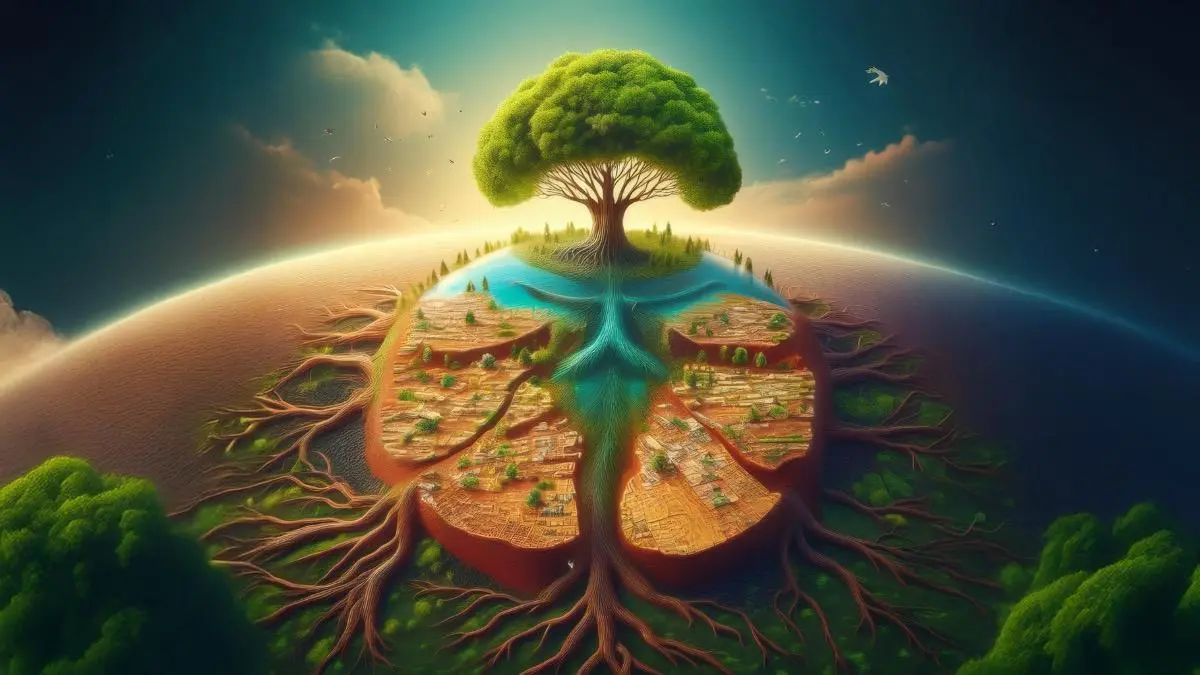Table of Contents
Climate change is having a profound impact on our lives. It is not only resulting in changes in the environment, but it is also adversely affecting our health. Many things like increase in temperature, change in weather pattern, and increasing problem of pollution are becoming a challenge for our health. Here is how we can face health problems due to climate change.
Climate change:
1. Respiratory problems
Climate change is causing a huge increase in air pollution. Respiratory problems like asthma, chronic bronchitis and lung cancer are arising due to increasing pollutants in the air. This problem is becoming especially serious for children and the elderly. Asthma attacks and other respiratory diseases are becoming more common due to pollution.
2. Increasing risk of heart diseases
Climate change is also affecting heart diseases. Extreme heat and polluted air put extra load on the heart, increasing the risk of problems like heart attack and stroke. Heat can cause dehydration in the body, which can cause disturbances in blood circulation.
3. Risk of infectious diseases
The spread of many infectious diseases has also increased due to climate change. For example, mosquitoes are breeding rapidly due to the increase in temperature, which is increasing the risk of diseases like malaria, dengue and chikungunya. Apart from this, the spread of dirty water after floods and heavy rains due to climate change further increases the risk of infection.
4. Effect on mental health
The rapidly changing environment and frequent natural disasters are also affecting mental health. Mental disorders like anxiety, depression and stress are increasing due to extreme heat, fear of natural disasters, and uncertainty of life. People who live in areas affected by climate change have to face more mental problems.
5. Skin diseases
Due to global warming, the harmful ultraviolet (UV) rays of the sun are directly affecting the skin. Due to this, the risk of skin diseases has increased. Problems like skin cancer and sunburn are increasing, especially in areas where the intensity of heat is high.
6. Waterborne diseases
Climate change is also affecting water sources. Due to floods, rains and increase in temperature, the quality of water is getting affected. Contaminated water also increases the risk of waterborne diseases like diarrhea, hepatitis, and typhoid.
7. Lack of nutrition and food insecurity

Climate change is also affecting crop yields. Agricultural production is decreasing due to changing weather and drought, causing food security problems. Lack of nutritious diet has increased the risk of malnutrition and other health problems in children and the elderly.
Prevention and protection measures
To reduce the impact of climate change, we have to make efforts at the individual and community level. Planting more and more trees, reducing the use of plastic, and saving energy are some small steps that can help make the environment safe. Along with this, it is important to take care of your health by consuming pure water, eating nutritious food, and exercising regularly.
Climate change is a serious problem that is slowly affecting our health. If we want to avoid its effects, we will have to remain alert and take concrete steps in this direction.





























